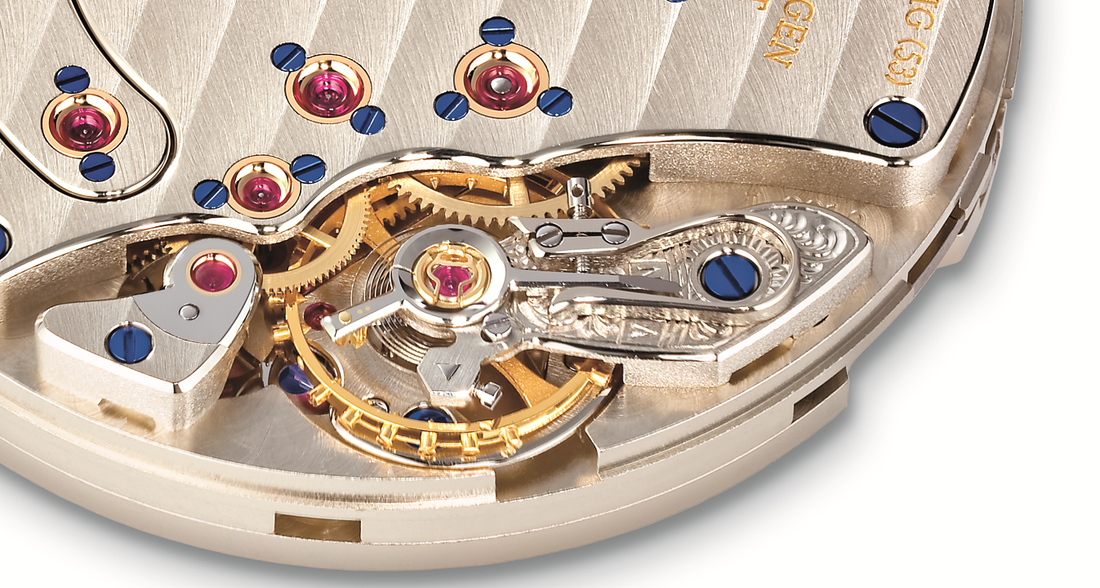
How often should luxury watches (Rolex, IWC) be serviced, and what will happen if they are not serviced regularly?
I will start from the second question.
Zero. Nada. Zilch. Nothing.
But this happens if (and only if) you do not wear them!

Mechanical watches left to sleep in a controlled environment with no humidity or other environmental factors could stay forever in a bank safe, for example, and require a regular service only to start working again brilliantly. There are some parts that might require some attention, like the main spring and hairspring, but in general, they would work fine - but only if you service them afterwards. And this means - oiling.
To learn more about watches, buy The Watch Manual here

Why? Because of attrition.
Metal grinding onto other metal before or later is bound to wear off. And this is the main reason why greasing was invented in the first place. When you apply an unctuous substance between two gears, they work much more effortlessly and reliably for a longer time.
All mechanical watches apply the same principle into servicing. And as regular mineral oil that is used in watches has an operating life of around five years, after this time has passed the attrition between watch gears increases. Will they break down? Of course not, but you are going to stress them in their most critical points.
This means that over time, their wheels and gears will start to grind and get worn, their pivots will be worn down by the constant rotation against their bearings, and so on - with an increasing risk of permanent damage.
And this also answers the first question. The interval between servicing does not depend from the good workmanship of the metal parts, but mostly from the operative life of the grease or oil - which currently works fine for five years or so (and remember that this is a conservative estimate, operatively it will be good for at least six or seven).
So, five years is the answer you are looking for. Some Maisons stretch it to ten, but I personally would recommend sticking to less than that.
To learn more about watches, buy The Watch Manual here

This broad principle tells us a lot of things:
- The more complicated a watch is, the more it requires regular servicing. While a simple watch can be picked up and worn with almost no consequences, a tourbillon-based minute repeater with perpetual calendar would probably require a lot of TLC.
- You can be confident to go to your bank, take out your gold Patek Calatrava, wear it for one night and then put it back in the safe even without servicing it beforehand, with no ill effects. What it counts is the effective period it is working without being serviced.
Let’s do some math: a typical vintage watch beats at 18,000 bph, that is 432,000 beats per day. In one year of constant operation, it would beat 157,680,000 beats. In five years - the average interval suggested between suggested servicing - it would beat 788,400,000 times.
If you wear it for 864,000 more beats, this is highly unlikely to cause everlasting damage to it.
But if you plan to continue using it, it is much better to have it serviced.
Featured photo: Hausmann website
The Watchonomicon is an independent blog, written and managed by The Watch Manual. The Watch Manual is NOT affiliated in any way with any brand mentioned in articles.
